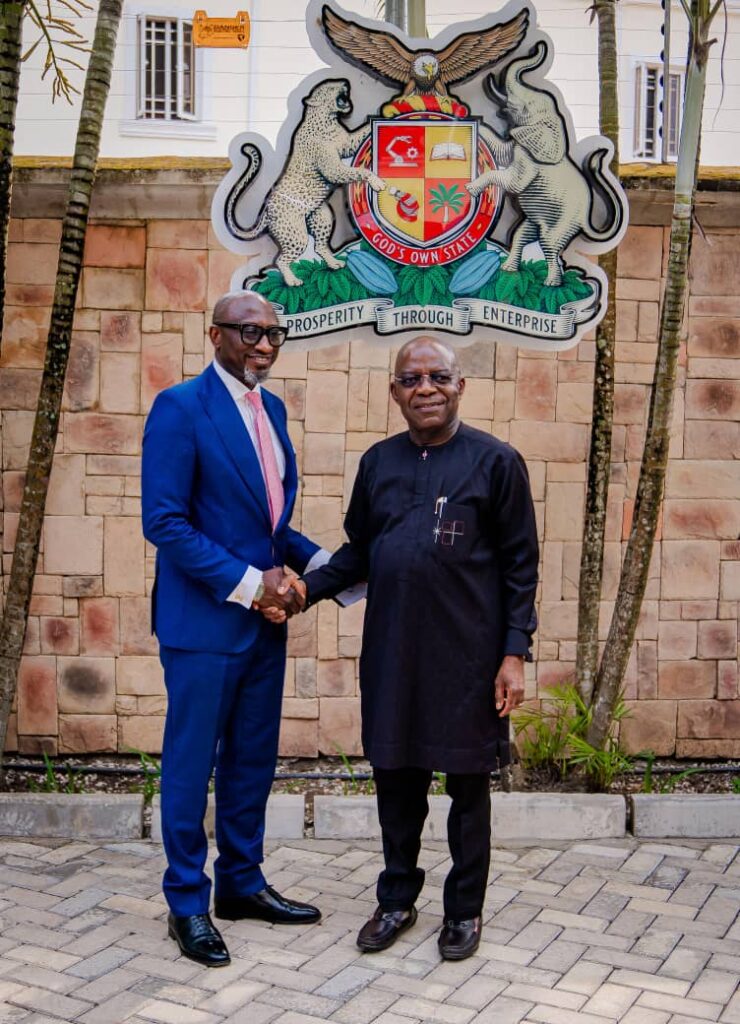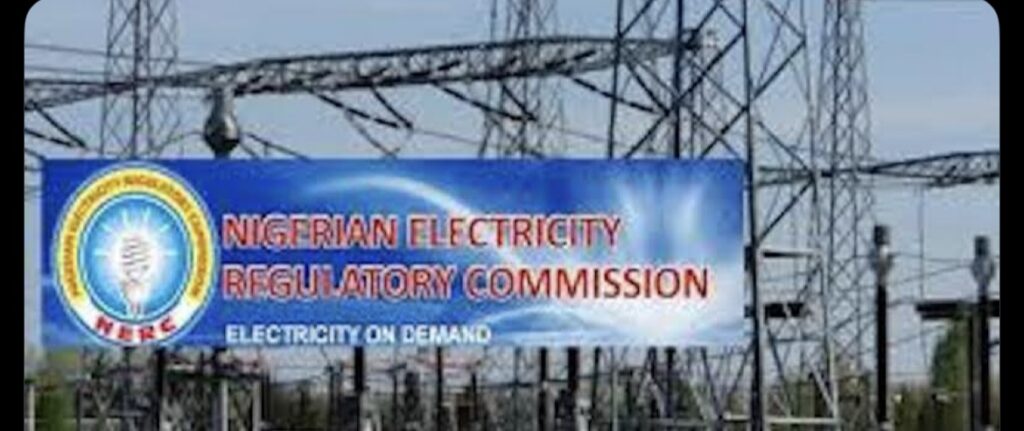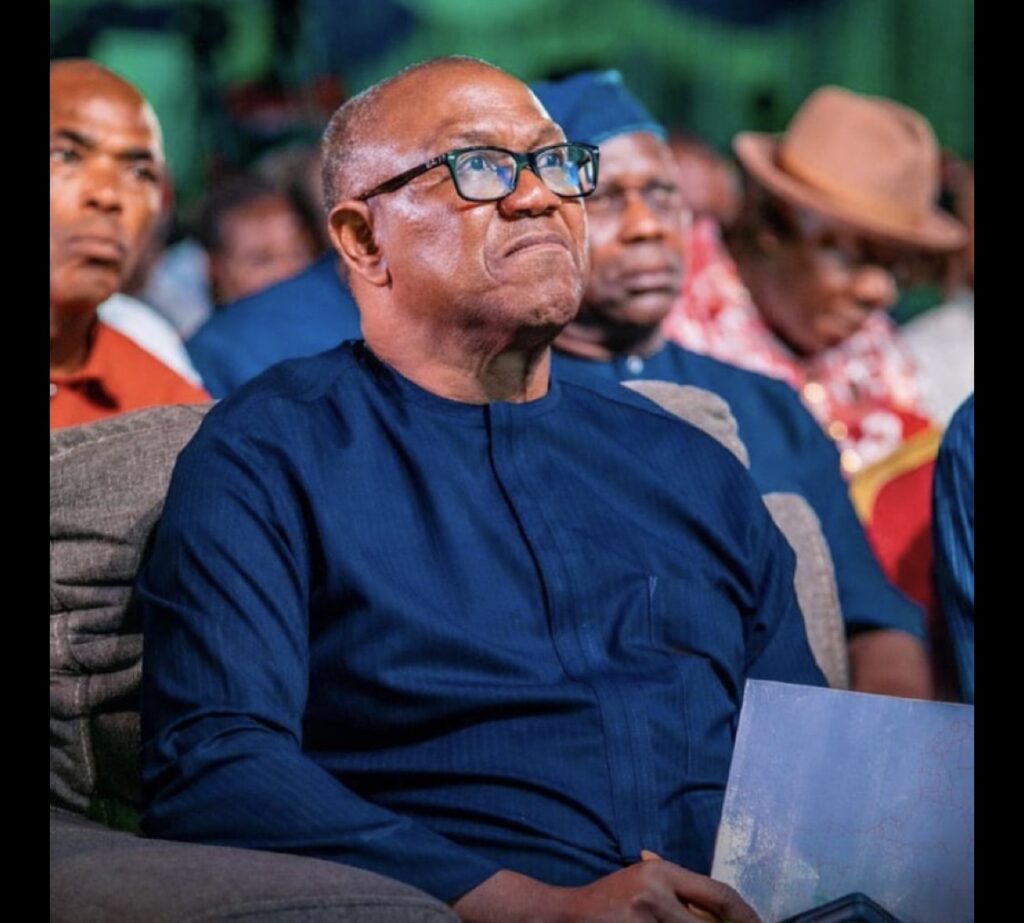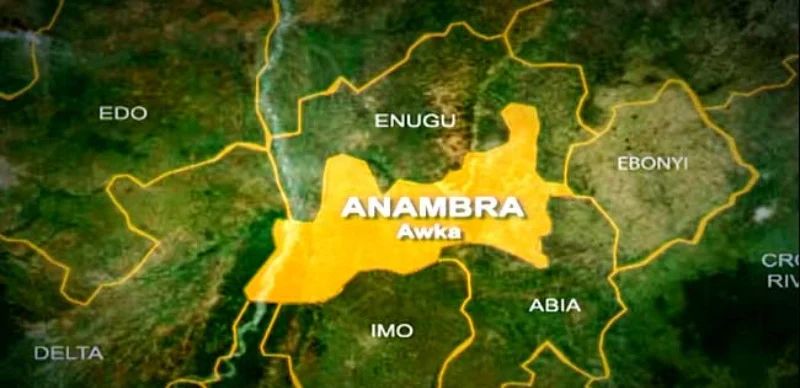Tinubu Discloses He Threatened to Fire Wike for Policies That Favoured Opposition
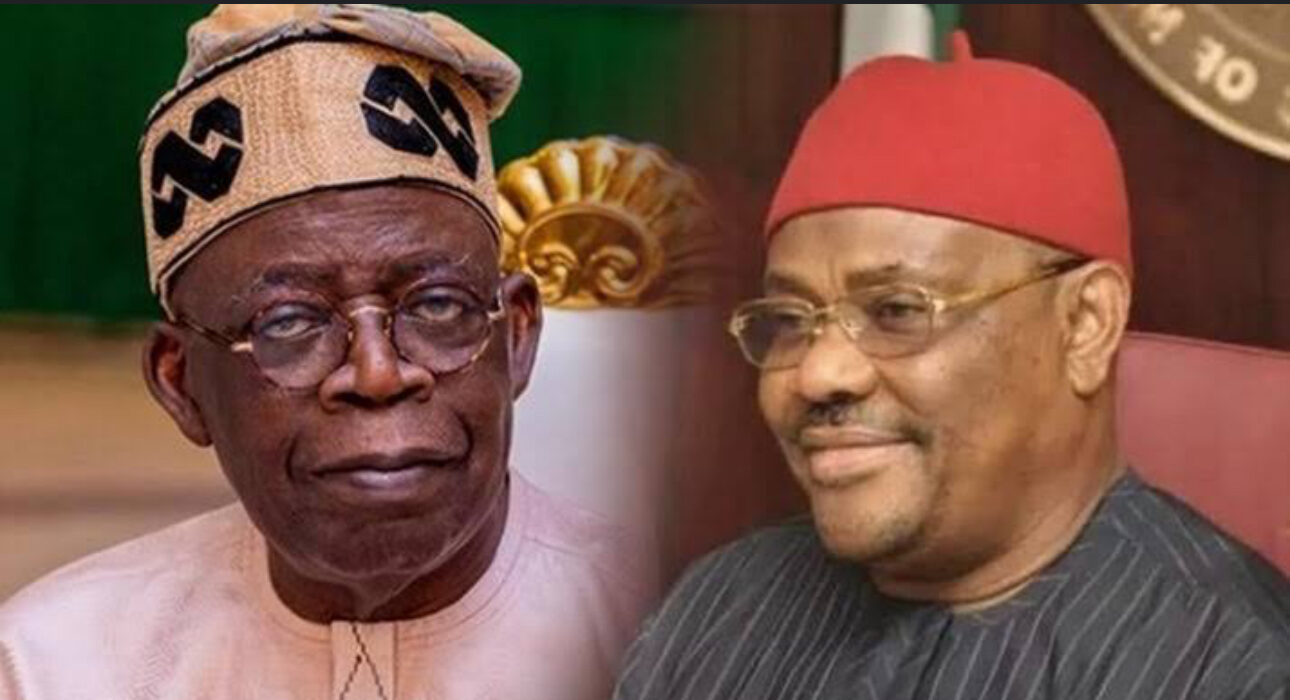
President Bola Tinubu has revealed that he threatened to sack Federal Capital Territory (FCT) Minister Nyesom Wike if his policies began leaning in favor of the opposition People’s Democratic Party (PDP) against the ruling All Progressives Congress (APC).
The disclosure highlights the complex political dynamics within Nigeria’s governing structures and the delicate balance President Tinubu has had to maintain in his administration.
The threat was issued, Tinubu explained, during a meeting when Wike had proposed a policy to exempt the FCT from the Treasury Single Account (TSA) policy to ease project implementation and energize the local economy.
Although Tinubu acknowledged that Wike’s suggestion had merit, he made it unmistakably clear that any policy effort that would unfairly benefit the PDP, the ruling party’s main opposition, would be out of the question.
The president also emphasized that if that were to occur, Wike would lose his appointment as Minister for FCT.
This event is a testament to the political intricacies that usually characterize Nigerian leadership, whereby party allegiance and coalition are constantly tested. It also illustrates the delicate balancing act that President Tinubu must execute, especially given Wike’s checkered past with the APC and his recent strident criticism of the party in the 2023 elections.
Wike’s appointment as FCT Minister was a significant political move. Having been one of the stalwarts of the PDP, his appointment into the APC-dominated federal government came as a surprise, given his public denunciations of Tinubu’s party during electioneering. However, his role in the administration has been interpreted as part of a grand scheme to reconcile the two ruling political blocs, with Tinubu attempting to induce opposition leaders to join him to forge national cohesion.
That notwithstanding, Wike’s tenure has not been free of controversies. It is argued by others that his maintenance of relationship with the APC constitutes betrayal of the basic principles of the PDP.
His role as a significant member of the APC government and yet maintaining membership with the PDP has brought about internal crises within the opposition party with others challenging his loyalty and accusing him of sabotage of the party.
The PDP is currently gripped by a crisis of identity, with its members demanding that Wike be expelled from the party due to his ongoing alliance with the APC.
This has gained momentum, with party loyalists arguing that Wike’s actions are contrary to the stand of the party on fundamental national issues. He has been charged with breach of the constitution and party rules since his continued engagement with the APC threatens the unity and future of the PDP.
Wike’s dilemma underscores the fragile nature of political alliances in Nigeria, wherein party affiliation, personal ambition, and national interest become entangled. His stand is unsustainable, and only time will reveal whether his political checkers’ play will cost him out of the PDP or if he will continue to be a voice within the APC-dominated government.
This revelation of President Tinubu’s threatening to fire Wike should his policies profit the PDP is an eye-opener into the ruthless culture of Nigerian politics.
With the APC-PDP relationship still not cosy, it is clear that characters such as Wike are at the heart of Nigeria’s politicking change at the moment. Whether his attempts to heal party rifts succeed or add to the division of the opposition remains to be seen, but this much is certain: Nigerian politics is as volatile as ever.
As the political winds change and blow, everybody’s attention will be focused on Wike and what he will do next, especially as tensions build within the PDP and the effect of whatever he decides has on the national mood becomes apparent.


